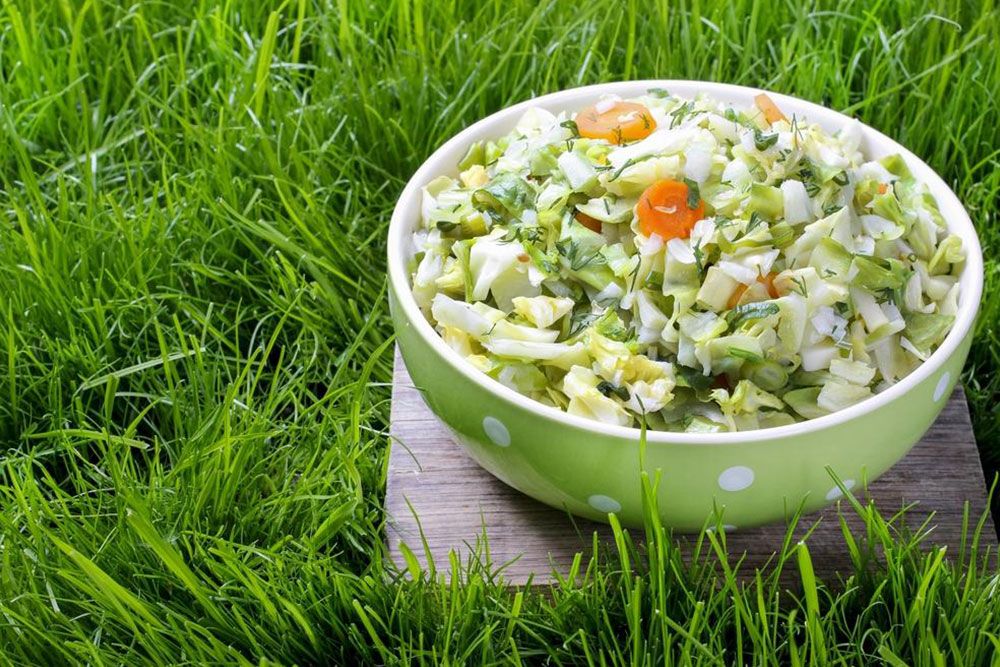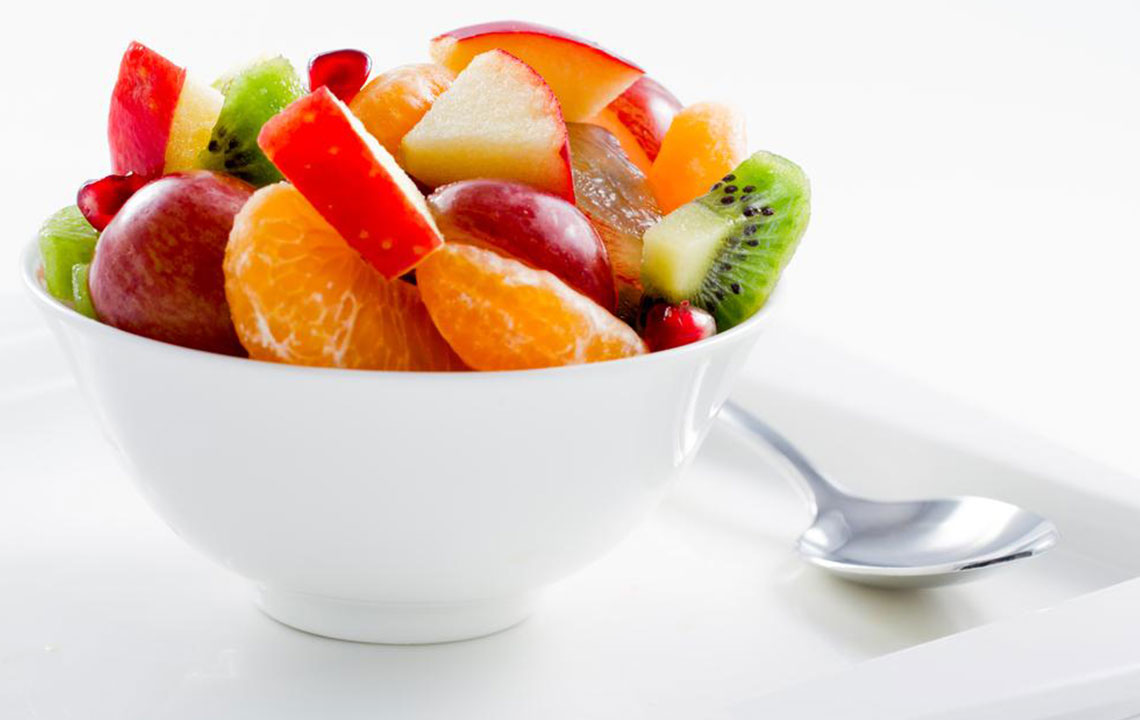Essential Dietary Guidelines for Managing Hypothyroidism
Learn vital dietary strategies to manage hypothyroidism effectively. This guide highlights recommended foods that support thyroid health, foods to avoid, and the importance of medical consultation for personalized care. Including nutrient-rich, thyroid-friendly foods and avoiding inhibitors can aid in symptom relief and overall well-being. Regular monitoring and professional advice are essential to optimize treatment outcomes and promote a healthy balance of hormones.

Essential Dietary Guidelines for Managing Hypothyroidism
Hypothyroidism occurs when the thyroid gland produces insufficient hormones, mainly thyroxine and triiodothyronine. Low levels of these hormones can lead to various health issues. While medication remains primary, adjusting your diet can enhance hormone absorption and overall thyroid health. Consuming nutrient-rich foods ensures your body gets essential minerals and vitamins vital for optimal function. Proper nutrition plays a crucial role in managing symptoms and supporting thyroid recovery. Incorporating specific foods and avoiding certain items can significantly improve your condition and help maintain a healthy weight and energy balance.
Foods Beneficial for Hypothyroidism
Selenium: Found in Brazil nuts, sunflower seeds, and seafood, selenium supports enzymes that regulate thyroid hormone function.
Tyrosine: An amino acid present in dairy, meats, and legumes, it aids hormone production.
Including these foods, with prior consultation, can aid in managing hypothyroid symptoms. Additionally, antioxidant-rich produce like berries, tomatoes, and peppers bolster thyroid health and help regulate weight. Whole grains rich in B vitamins support hormonal balance and cardiovascular health.
Foods to Limit or Avoid
Soy: Contains compounds that can inhibit thyroid hormone synthesis, especially with excessive intake.
Supplements Containing Calcium and Iron: May interfere with medication absorption; consult your doctor before use.
Iodine: While necessary, excess iodine can impair thyroid function; moderation is key.
High-fiber Foods: Although healthy, consuming large amounts immediately after medication may hinder absorption.
Vegetables like kale, spinach, broccoli, and cabbage contain fiber that can affect medication uptake if consumed in excess close to dosing time. Limit intake and focus on balanced consumption. Alcohol, caffeine, and tobacco should also be minimized for optimal thyroid health.
Dietary and Herbal Support
Adopting a vegetarian, protein-rich diet can help manage hypothyroidism. Working with a healthcare professional to design a suitable meal plan is recommended. Traditional herbal remedies, such as extracts from Coleus, Centella, and Withania somnifera, have been used in natural medicine to support thyroid function. Regular monitoring of hormone levels is crucial when making dietary changes to ensure effective management of your condition.
Consult your doctor before making any significant dietary or supplement adjustments for hypothyroidism. Proper medical guidance ensures safe and effective treatment and recovery.









